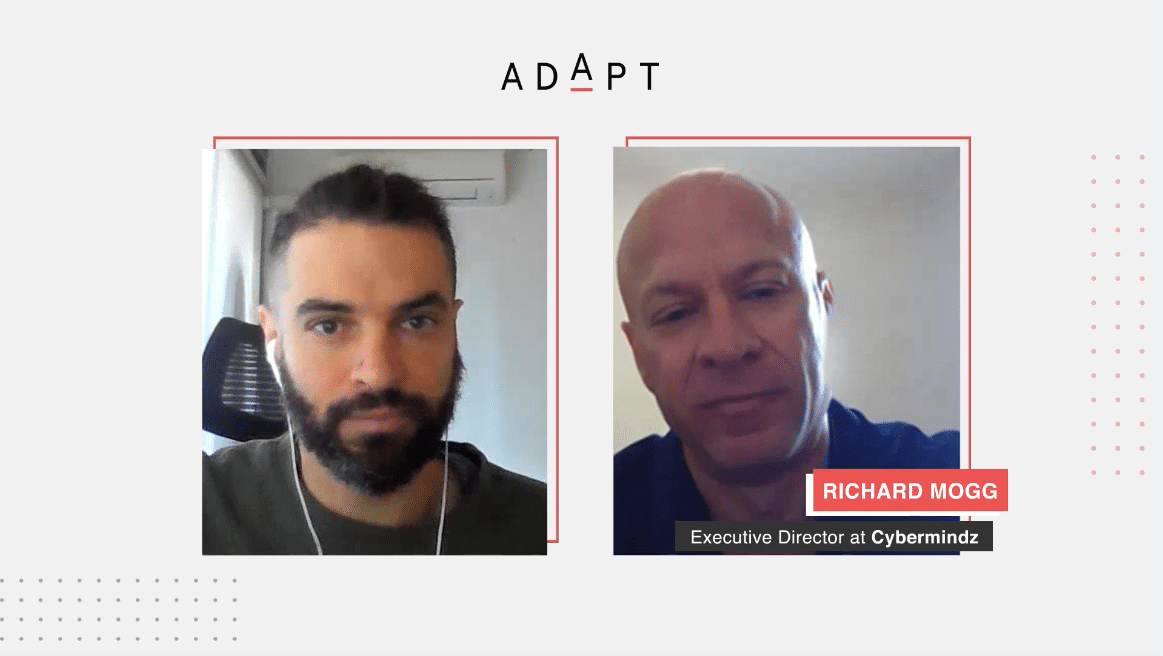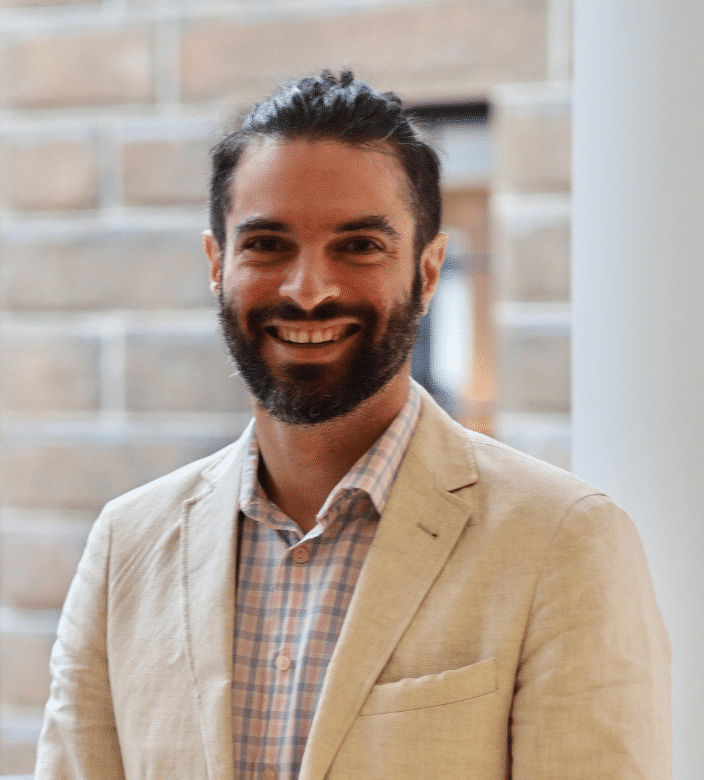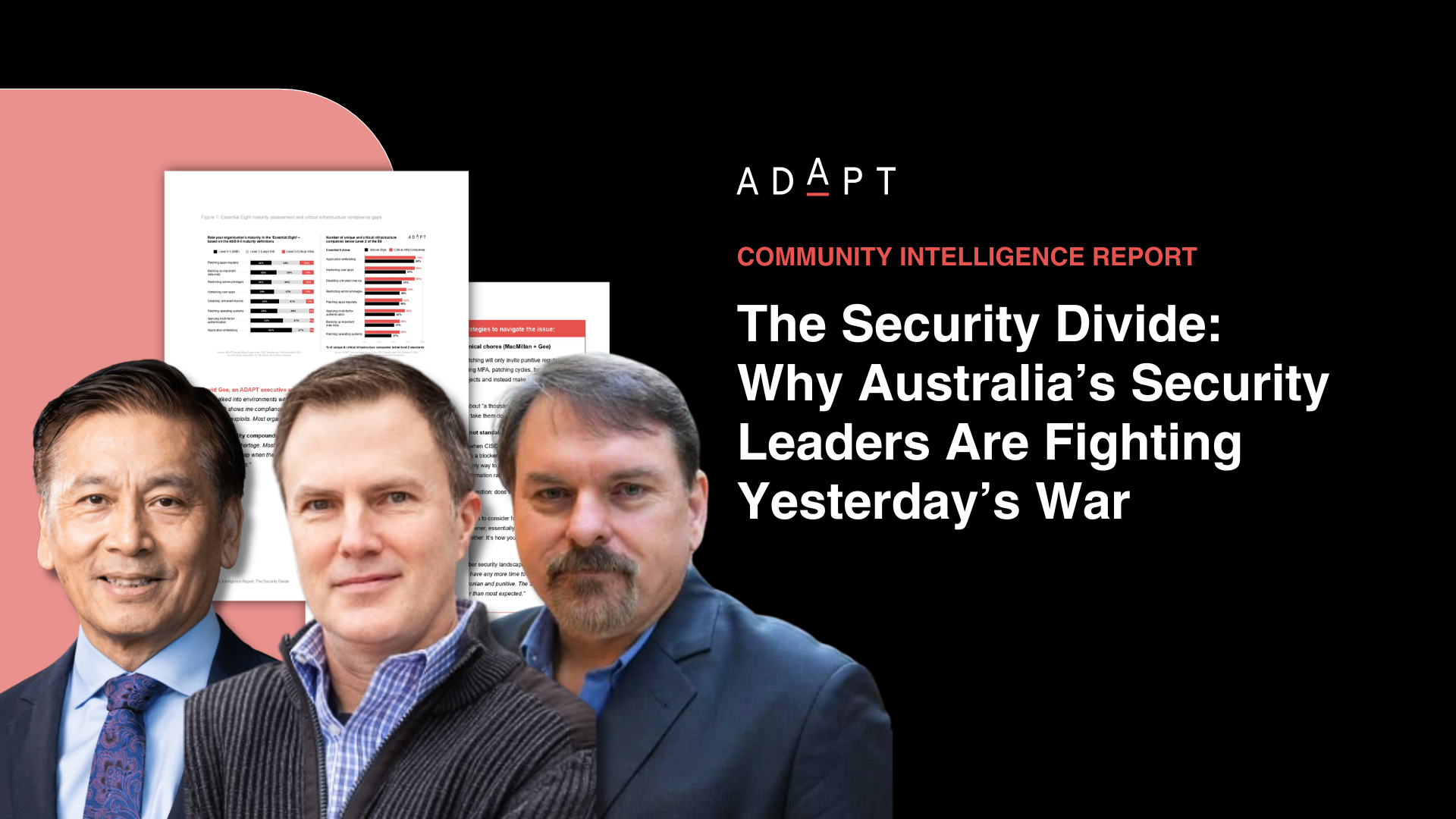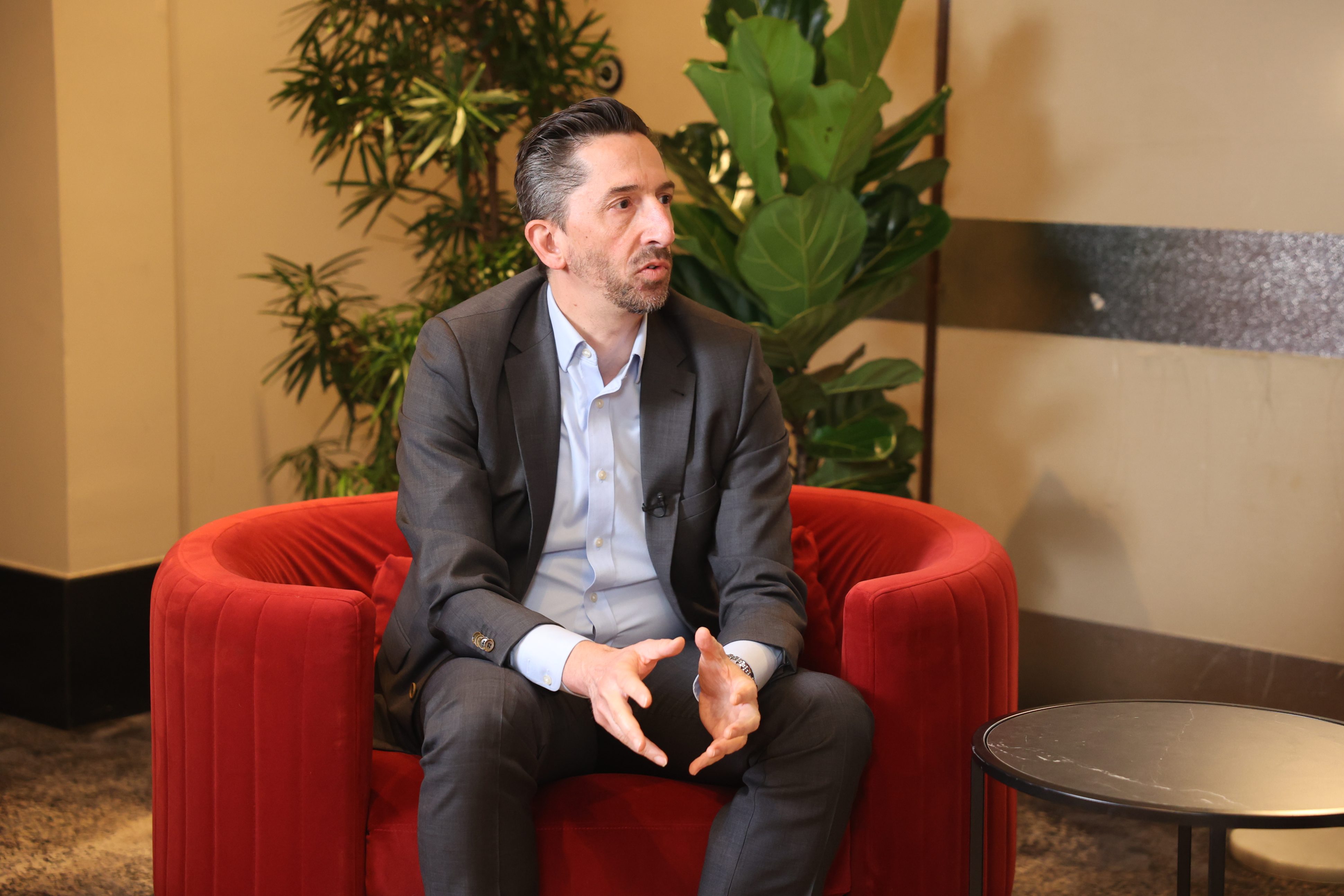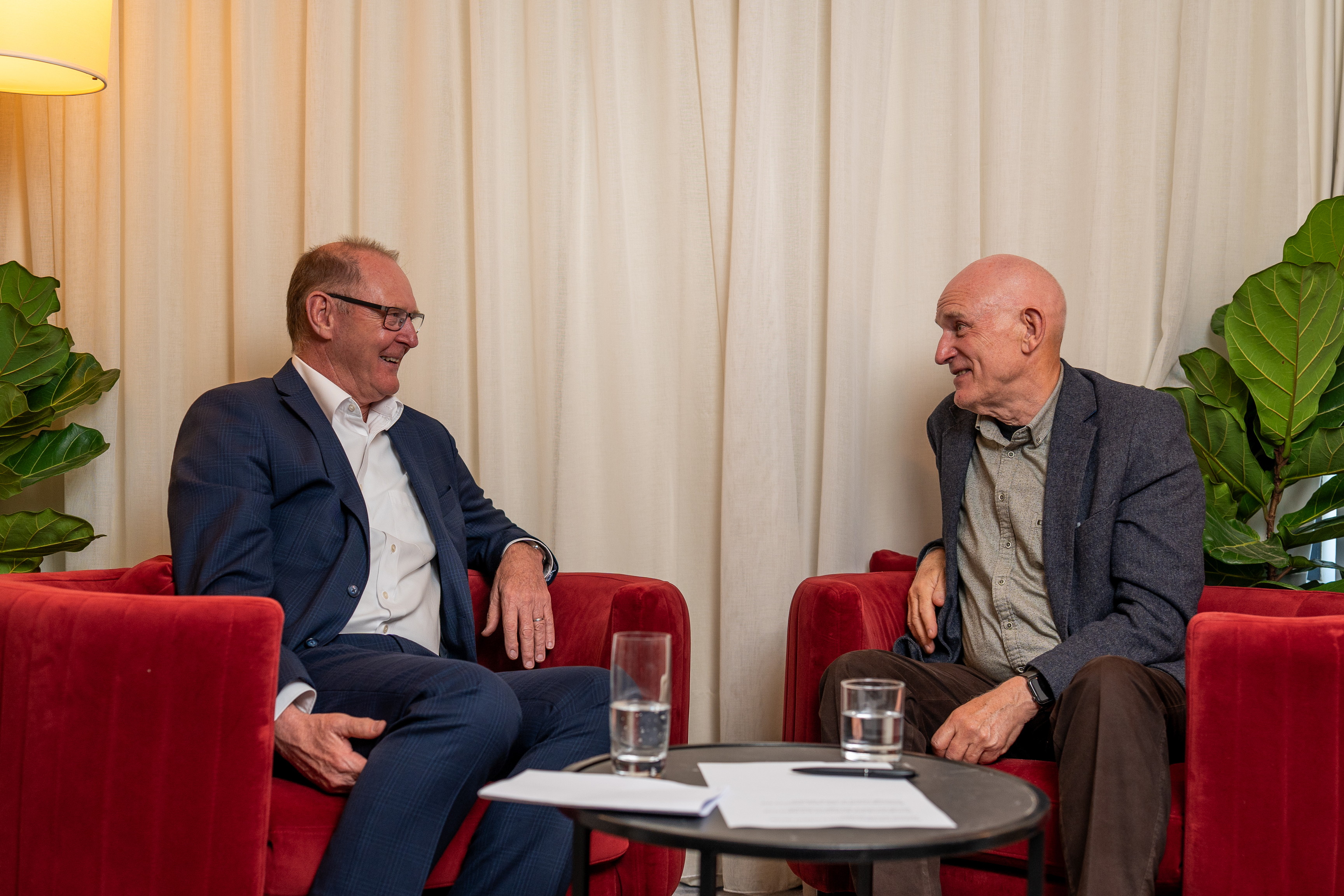In a recent interview with Richard Mogg, Executive Director at Cybermindz, he discussed the organisation’s mission to raise awareness about mental health and wellbeing in the cyber security sector.
Cybermindz is a not-for-profit organisation that has been around for about a year, working across the cyber security sector in the mental health space.
They are promoting awareness about the high rates of stress and burnout that are occurring in the sector and facilitating training in a resilience protocol called i-rest or integrated restoration.
I-rest is an evidence-based technique that is having profound effects in assisting people to manage their emotional responses, their reactions, and their stress levels.
Richard explained that they have conducted a survey to quantify the anecdotal discussion of stress and burnout in the sector.
Over 170 individuals from the cyber industry responded to the survey, and the metrics they responded to were a collection of three different metrics, including the Maslach Burnout index, sleep quality, and professional efficacy.”
They found that individuals in the cyber industry were at the high end of all these metrics, and some of the ratings were also predictive of potential high levels of burnout and potential leading indicators that members might be looking to change positions to avoid those high-stress levels.
Speaking to Gabby Fredkin, ADAPT’s Senior Research Analyst, Richard said that the data confirms the concerns that boards and managers have always had.
The changes in legislation around psychological injury have now increased the focus on mental health, and with the measurable data that confirms these concerns, it is now gaining greater traction.
Cybermindz exists to identify what the stresses are and measure them before and after the training they deliver.
Their main purpose is to confirm that they are making a difference in the resilience training they are then bringing to organisations.”
The stresses that cyber security professionals are facing are an inability to switch off the relentless threat environment, fear of the consequences of failure, fear of letting others down, feeling a lack of support, feeling a lack of isolation, and a lack of power and influence regarding changing this environment. These are different from the other sectors out there, such as the data scientists.
Richard raised an interesting point that some level of stress is important and necessary for us to perform at our peak level.
When it comes to the definitions of stress, that’s often called use stress to perform at the optimal level that needs to be that right level of challenge to get us working at the right level.
However, our biology is designed to only work at that level for certain intervals of time and not ongoing levels where it actually becomes detrimental to health.”





















